
The largest fish ever caught: a look at the record-breaking giants
The giants of the sea: record-breaking catches
When you think of catching the world's biggest fish ever caught, there's a good chance your mind drifts towards the colossal giants that have left anglers worldwide in absolute awe. These record-breaking behemoths have not only etched their names into the annals of fishing history but have also given us tales that border on the mythical!
One such incredible story features the infamous great white shark, caught on April 21, 1959, by legendary fisherman Alfred Dean off the coast of Ceduna, Australia. Dean’s unbelievable feat saw him land a mammoth great white weighing a staggering 2,664 pounds (1,208 kg). According to The Biggest Bluefin Tuna Ever Caught: A Deep Dive into the Record-Breaking Catch, this record remains unchallenged, embodying the formidable nature of these ocean predators.
The colossal bluefin tuna: a prized ocean catch
Among the elite of game fish, the bluefin tuna stands tall and proud. The largest tuna ever caught—“bluefin” to be specific—was an epic 1,496 pounds (678 kg). This breathtaking catch was accomplished by Ken Fraser in 1979 off the shores of Nova Scotia, Canada. This record still stands unbroken and is honored in the fishing community as an unparalleled achievement.
Monsters within freshwater: colossal catfish
The fascination extends far beyond the salty seas to freshwater realms where gargantuan catfish reign supreme. The record for the biggest freshwater fish ever caught is held by a Mekong giant catfish, weighing an astonishing 646 pounds (293 kg), a 2005 capture in Northern Thailand. An ECM-certified record, this catch emphasizes the diversity and sheer magnitude of these behemoths.
As fishing techniques evolve and boundaries are pushed, anglers around the globe continue striving to witness the next leviathan take their tackle beyond its limits. These stories of epic catches are testaments to the thrill and challenge of fishing.
The great white shark: the king of the ocean
The king of the ocean: great white shark
No discussion about the world's biggest fish ever caught is complete without mentioning the fearsome great white shark. Known for its fearsome reputation, the great white holds the crown as the king of the ocean.
One of the most legendary great white sharks ever caught was by Alfred Dean off the coast of South Australia in 1959. This monstrous fish weighed a staggering 2,664 pounds (1,208 kilograms) and was caught on a rod and reel, setting an International Game Fish Association (IGFA) record which still stands unbroken to this day.
Another notable case came from Cabo Blanco, Peru, a region known for big game fishing. Here, yet another massive great white was captured, adding to the long list of enormous and fearsome predators emerging from these waters. It is places like these that hold a treasure trove of stories and records about this formidable predator.
The great white shark is also a subject of scientific fascination. Extensive research has been carried out to understand its behavior, habitat, and physiology. For instance, the work of marine biologists in places like Nova Scotia and Hawaii has been instrumental in shedding light on this enigmatic creature.
Despite their reputation, great white sharks are protected in many regions due to their declining numbers. Overfishing and loss of habitat have put them at risk, stirring conversations among environmentalists and conservationists about the best ways to ensure their survival for future generations.
The IGFA plays a crucial role in maintaining the records of these catches, ensuring that each amazing feat is documented and recognized. The listing of these massive great whites holds not only the thrill of the catch but also the responsibility of preserving such majestic creatures.
From the icy waters near Greenland to the warm currents off the coast of Australia, great white sharks prove time and again their status as true kings of the ocean. Their place in fishing folklore and the annals of IGFA records is unshakable, making every successful capture a blend of fear, respect, and awe.
For more incredible tales and details about other giants of the sea, check out the biggest grouper ever caught in our next article exploring the giants of the sea.
Blue marlin: the ultimate game fish
Blue marlin: the ultimate game fish
When we talk about the world s biggest fish ever caught, the blue marlin stands out as a true icon in the game fishing community. Revered for its size, strength, and speed, the blue marlin offers a combination of challenge and thrill that many anglers dream about.
One of the most famous blue marlin catches occurred off the coast of Hawaii in 1982. Angler Jay de Beaubien reeled in a giant blue marlin that weighed an astounding 1,376 pounds (624 kg). This catch is not just a record but a testament to the majesty of this ocean predator.
Record-breaking stats and figures
According to the International Game Fish Association (IGFA), the official record-keeping body for sport fishing, De Beaubien's blue marlin remains one of the largest of its species ever caught. What makes this achievement so remarkable is the use of rod and reel to land such a massive fish.
Expert insights on blue marlin fishing
Ken Fraser, an expert angler and author, notes, "Catching a blue marlin is the pinnacle of big game fishing. It requires not just skill but also patience and a deep understanding of the fish's behavior." This insight is echoed by numerous anglers, making blue marlin fishing an aspirational goal.
The thrill of catching a blue marlin isn't just about the size; it's also about the fight. These fish are known for their incredible strength and can take hours to reel in, testing the endurance of even the most seasoned anglers.
Where to catch the giants
Hawaii, the Bahamas, and Cabo Blanco in Peru are some of the top hotspots for blue marlin fishing. These locations not only offer abundant fish but also picturesque settings that make the fishing experience even more memorable.
Tackling the challenge
Getting the right gear is crucial. The IGFA provides guidelines on the tackle and techniques to use for such big game fishing. High-quality rods, reels, and lines are essential. Bait and lures should be chosen carefully—cut bait, artificial lures, or live bait methods are most effective.
Blue marlin fishing is not just a pastime; it's a passion that unites anglers worldwide. If you're eager to experience this thrilling adventure, make sure to read our ultimate guide to blackened fish preparation for some culinary inspiration after your big catch.
The record-breaking bluefin tuna: a prized catch
Unexpected titan of the deep
When folks think about colossal catches, bluefin tuna often pops into mind. This miraculous fish has been a prized catch for countless anglers, especially those dreamin' of reelin' in a true whopper. But, let's dive into some straight-up facts backed by the International Game Fish Association (IGFA).
First up, the record-setter—a grand bluefin tuna caught off the coast of Nova Scotia in 1979 by none other than Ken Fraser. Weighing in at a jaw-dropping 1,496 pounds and 0 ounces, this behemoth still holds the record for the largest bluefin tuna ever caught rod and reel.
Don’t think it’s easy money snagging one of these beauties. Bluefin tuna aren’t just big; they’re wicked strong. With speeds up to 44 miles per hour, they've been known to put up fierce battles that can last hours. Imagine the thrill but also the sheer exhaustion as you wrestle with over 1,000 pounds of pure muscle.
Why bluefin tuna stands out
Bluefin tuna is a top-tier catch in sport fishing for many reasons. For starters, its sheer size is awe-inspiring. But there's also its migratory nature. These fish travel thousands of miles across oceans, which means anglers all over the globe—from the Atlantic to the Pacific—might just get their shot at capturing their own colossal trophy.
It's not just about the fight and the bragging rights, either. Bluefin tuna is a culinary delicacy, especially in Japan, where it's highly prized for sushi and sashimi. This demand has led to some to-command sky-high prices, with exceptional specimens fetching hundreds of thousands of dollars at markets.
The conservation conversation
While we're all for celebrating big catches, it's vital to note the delicate dance between sport and sustainability. Overfishing has taken a toll on bluefin tuna populations, pushing some to the brink. Various international bodies, including the IGFA and regional fisheries management organizations, have worked tirelessly to implement quotas and protective measures.
This delicate balance aims to ensure we get to enjoy the thrill of catching these giants for generations while keeping their populations thriving underwater.
So, whether you're chasing your own record or just marveling at Ken Fraser's massive haul, remember that every catch has a story—and that story is deeply entwined with the waters we all cherish and respect.
Freshwater giants: the biggest catfish ever caught
Huge catfish that redefine freshwater fishing
When you think of massive catches, freshwater species like catfish often come to mind. The size and strength of these creatures make them a dream catch for many anglers. One of the most iconic records is held by the mekong giant catfish. Caught in Thailand, this monster weighed a staggering 646 pounds (293 kg), setting the bar high for freshwater fish.
Wels catfish: the european giants
Another heavy hitter in the catfish category is the wels catfish, predominantly found in Europe. These formidable fish can grow over 9 feet long and weigh more than 300 pounds. Records from Italy and other parts of Europe are packed with tales of anglers reeling in these mammoth creatures.
Tips from the pros: catching the giant catfish
Want to get in on the action? According to experts like Ken Fraser, who famously caught a massive bluefin tuna, persistence, and the right tackle can make all the difference when aiming for a record-breaking catch. Whether you're in the United States, Europe, or Thailand, freshwater catfish fishing is a thrilling challenge.
Courtesy of igfa: catfish records
The International Game Fish Association (IGFA) plays a crucial role in keeping track of these incredible achievements. By verifying catches and ensuring fairness, the IGFA maintains a comprehensive database of world records. Next time you read about the biggest freshwater catfish ever caught, you can be sure it’s backed by thorough documentation and expert validation.
The elusive Greenland shark: a deep-sea giant
Greenland shark: a deep-sea enigma
It's not every day that you hear about the mysterious Greenland shark. This rarely seen creature, known for its elusive nature, is one of the largest and longest-living species in the ocean's depths. Not just any fisherman can boast coming face to face with such a fish—many recordings are steeped in the icy waters of legend and fact.
Unveiling the mystery
Although not as popular as the notorious great white or the illustrious blue marlin, the Greenland shark is a challenge for even the most experienced anglers. Some reports suggest these behemoths can reach lengths of over 24 feet and weigh as much as 2,200 pounds. Their sluggish nature and slow maturity rate add to the mysterious allure.
Competing with other giants of the deep
In comparison to other record-breaking giant species, the Greenland shark is often overshadowed by the explosive fights with a tiger shark or the record-setting weights of a monstrous bluefin tuna. But don't let that fool you—the effort it takes to reel in one of these enigmatic giants is monumental.
Extraterrestrial longevity
An astounding trait of the Greenland shark is its lifespan. Studies by researchers from various institutions, including Ken Fraser, indicate they could be the longest-living vertebrates, with lifespans reaching over 400 years. This makes a catch not only a record but a historical event.
Controversies and conservation
Given their lengthy life and vulnerable population, targeting Greenland sharks is controversial. Conservation efforts to understand and protect these giants are ongoing, especially as they face threats from habitat changes and fishing practices.
The International Game Fish Association (IGFA) also highlights the delicate balance between sport and conservation. Anglers who do land a Greenland shark often contribute to scientific studies rather than merely adding to personal records.
The legendary tiger shark: a formidable predator
Record-breaking tiger sharks: tales from the deep
When talking about the world’s biggest fish ever caught, the tiger shark often makes waves. You might recall Alfred Dean, the Australian angler famous for his 1959 record catch off Ceduna, Australia. Weighing in at a staggering 1,785 pounds, this remarkable predator is the biggest tiger shark ever captured on rod and reel, a record yet to be broken.
Experts like Ken Fraser, renowned for his bluefin tuna expertise, have also shared their insights into these giants. Interestingly, the tiger shark exhibits voracious eating habits, consuming almost anything in its path, which makes it a formidable opponent for any angler.
A dive into tiger shark's habitat and behavior
These sharks are predominantly found in tropical and temperate waters across the globe. They inhabit vast areas, from the Hawaiian waters to the coasts of Florida and Australia. Due to their aggressive nature and vast habitat range, tiger sharks are a considerable challenge, often putting any fishing tackle to the ultimate test.
The International Game Fish Association (IGFA) records confirm frequent captures of large tiger sharks, often weighing over 1,000 pounds. Such data not only highlight their presence but also indicate the interest and excitement they bring to the fishing community.
IGFA’s role in preserving tiger shark records
The IGFA has been pivotal in maintaining the authenticity of tiger shark records. By providing a structured and credible framework, the IGFA ensures that every record is certified, promoting ethical fishing practices. Courtesy IGFA, such records have inspired many anglers across the globe to pursue their dream catches.
Tiger sharks, with their sheer size and power, continue to captivate anglers and marine enthusiasts. As we celebrate these majestic creatures, it's crucial to advocate for their conservation to preserve the thrill of catching these sea giants for generations to come.

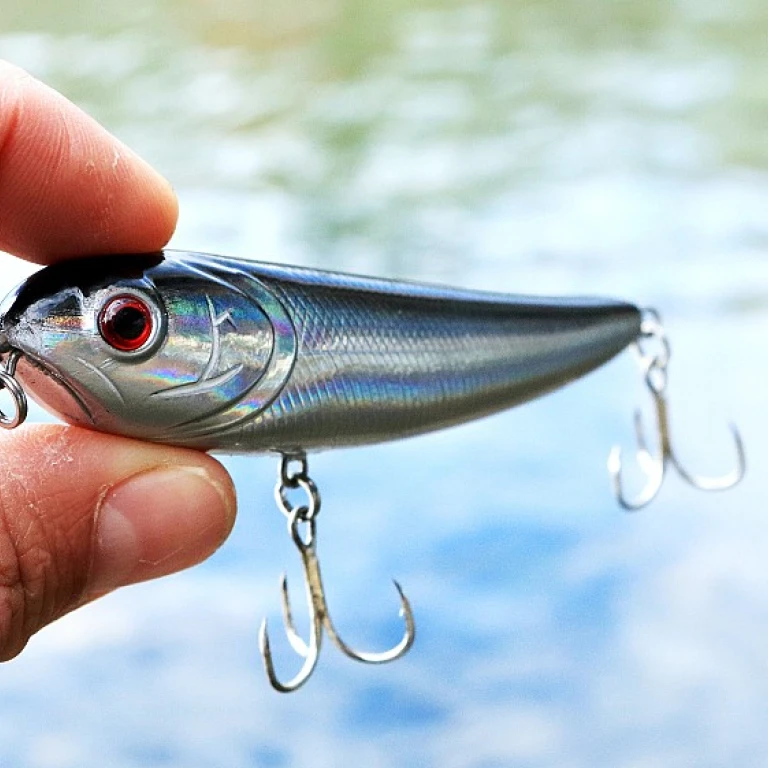

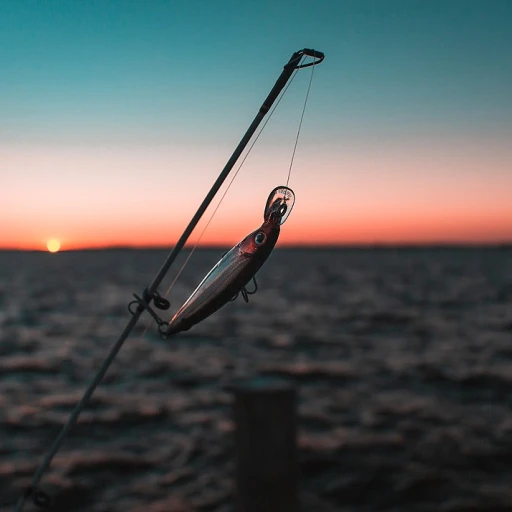
-large-teaser.webp)
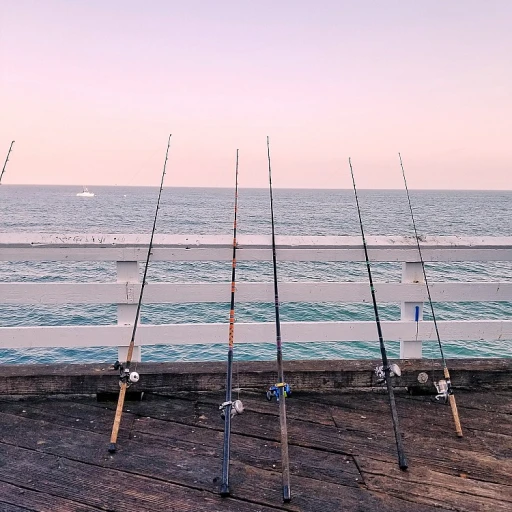
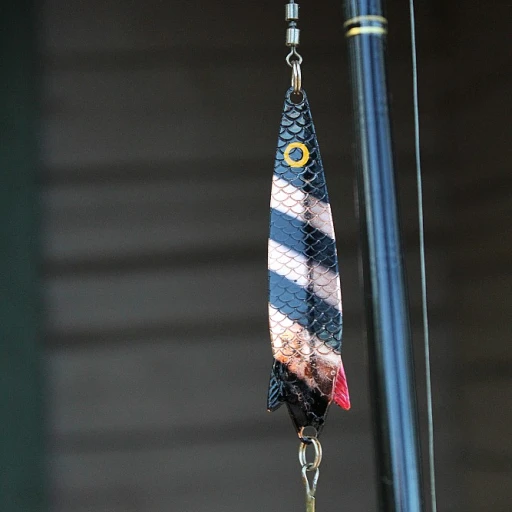
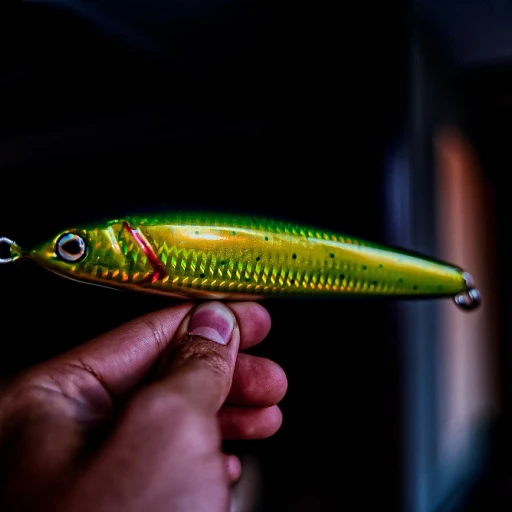
-large-teaser.webp)
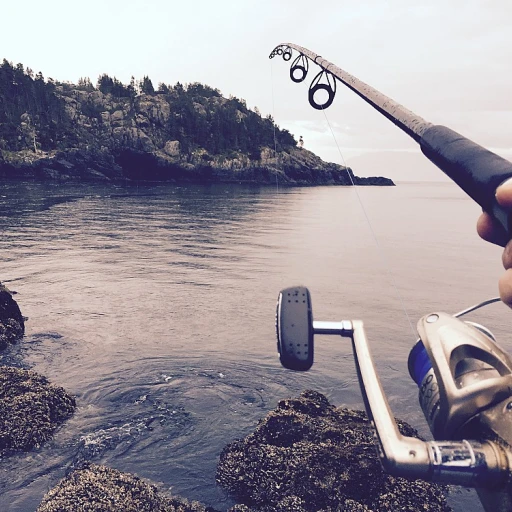
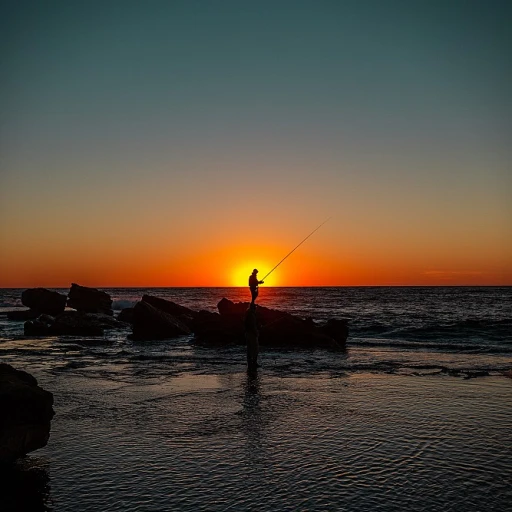
-large-teaser.webp)
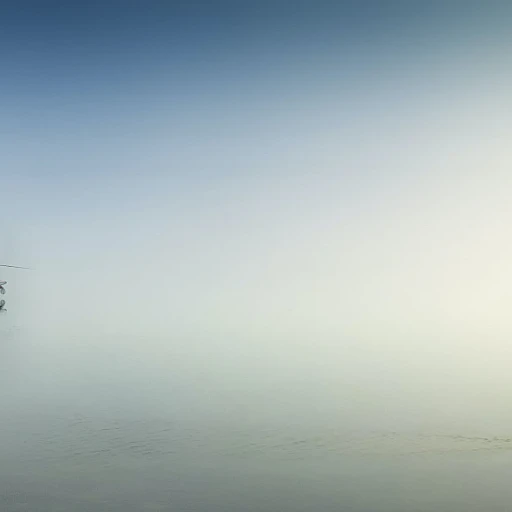
-large-teaser.webp)